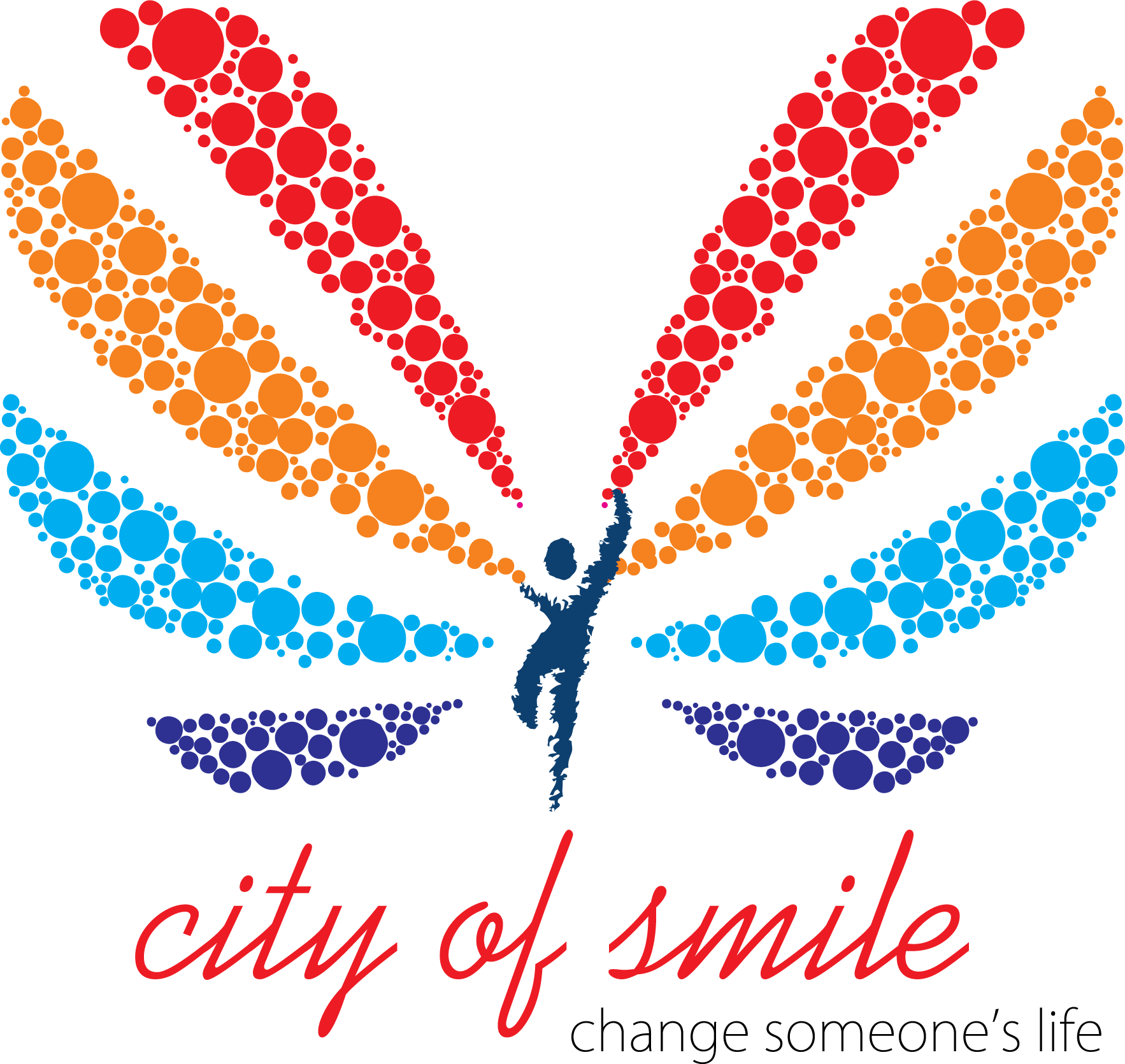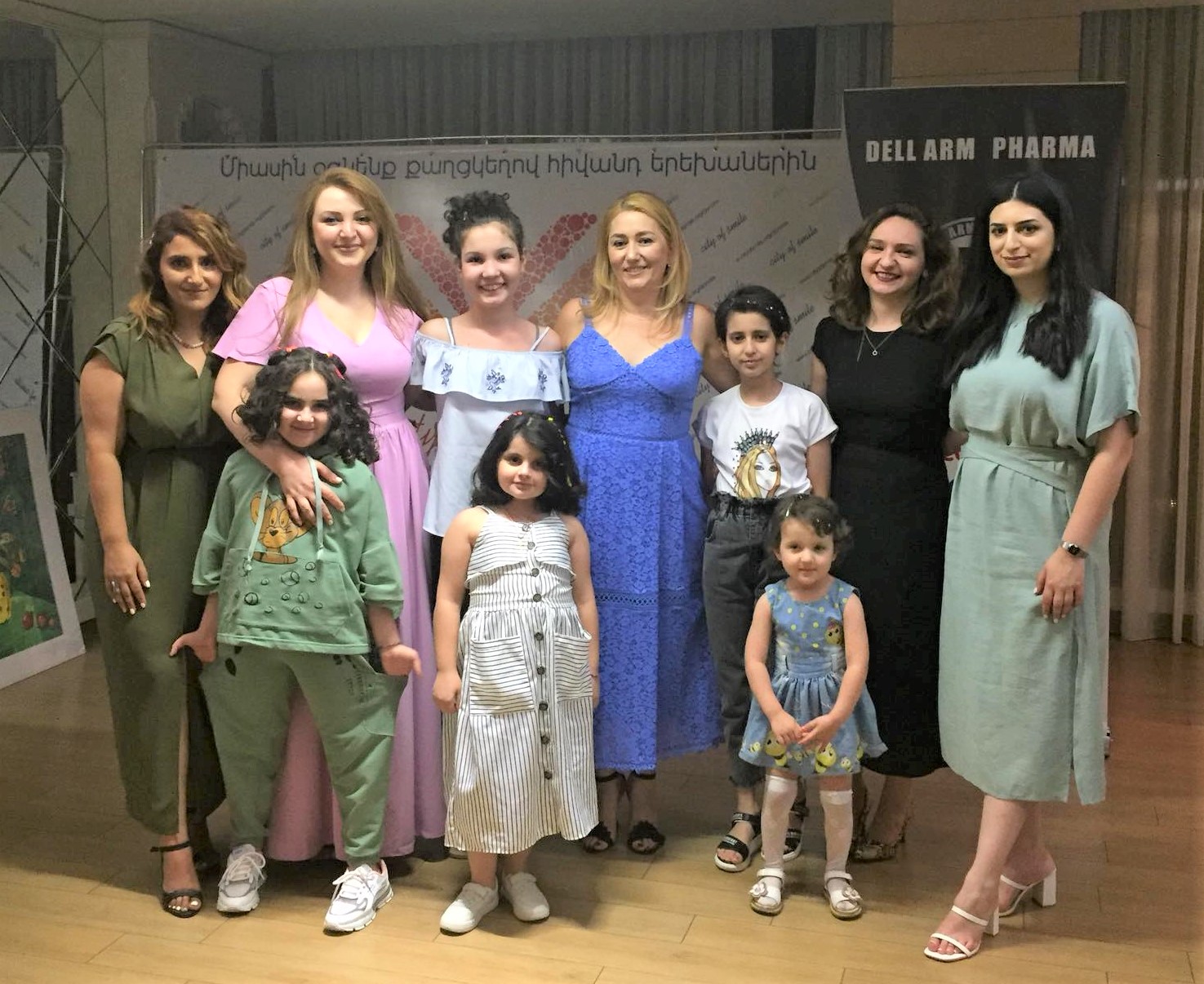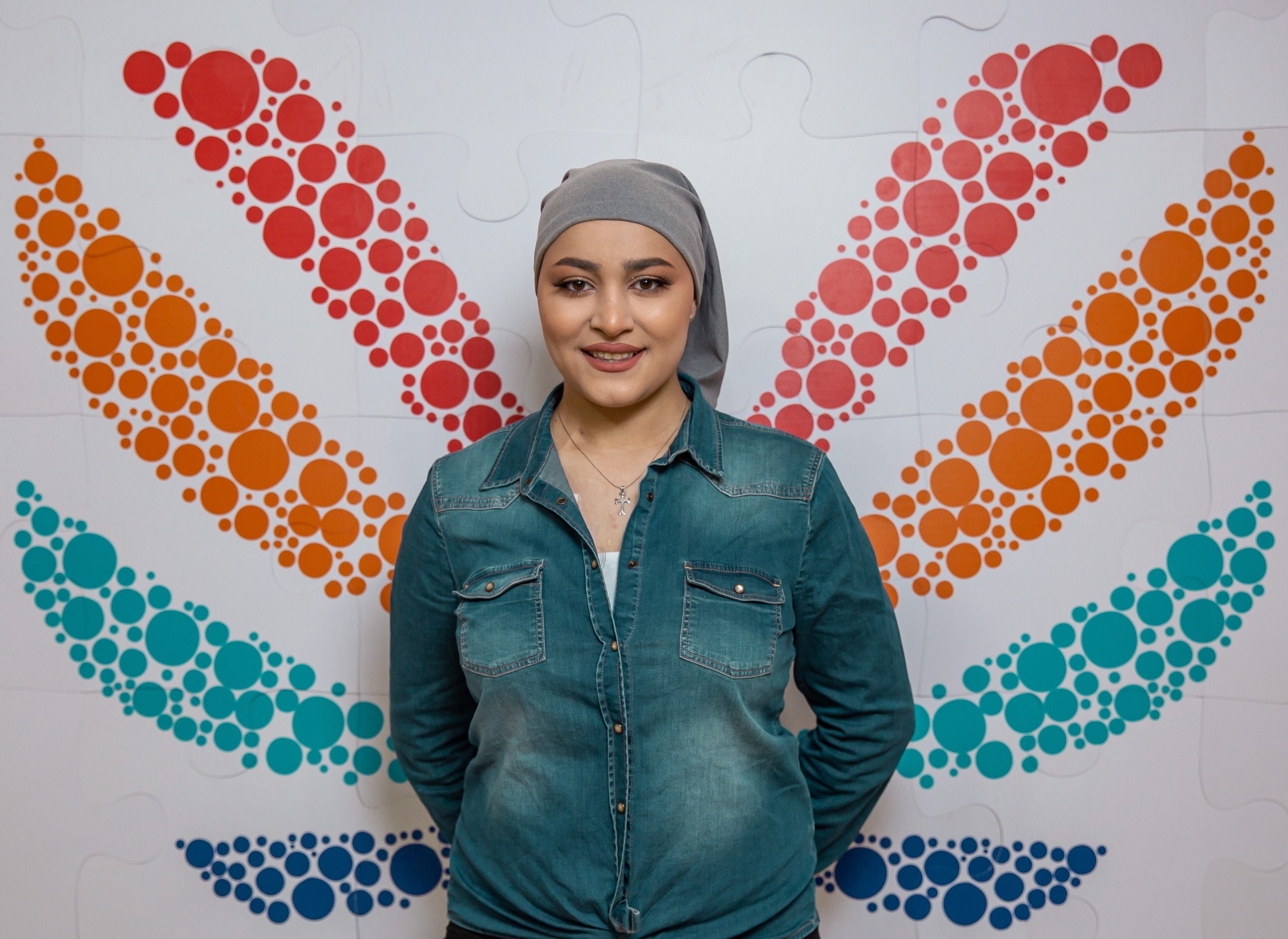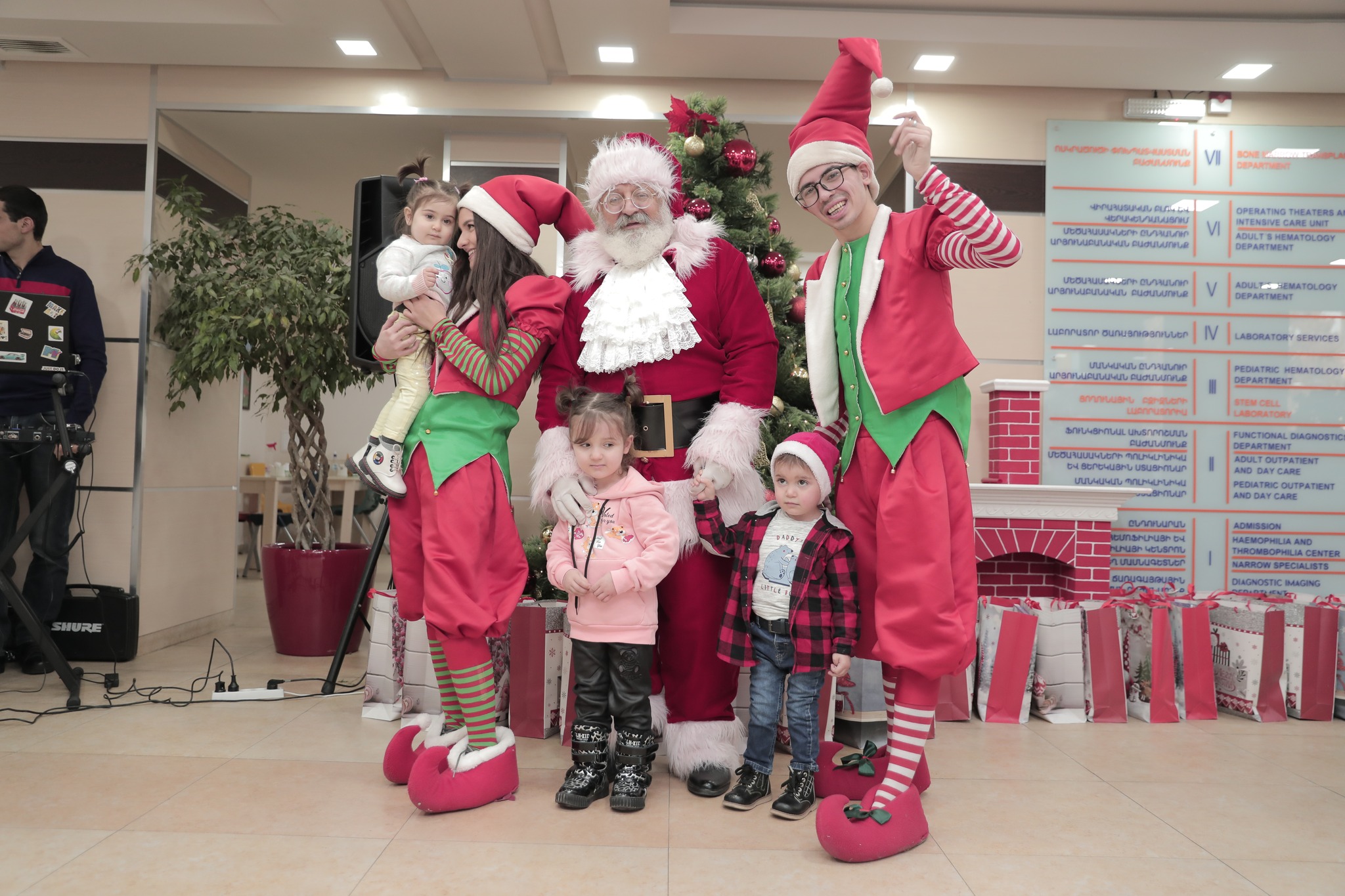Armenia becomes the first partner in St. Jude’s global pediatric cancer fight
Camera shutters rapidly clicked Friday morning as the First Lady of Armenia picked up a pen to formalize a memorandum of understanding between the former Soviet nation and St. Jude Children’s Research Hospital.
Armenia became the first country to join the St. Jude Global Alliance, a multimillion-dollar effort launched last year to improve treatment for children with cancer in low- and middle-income countries by 30 percent over the next decade.
One year ago this month, Anna Hakobyan was leading a political revolution with husband Nikol Pashinyan, whose peaceful protests forced then Prime Minister Serzh Sargsyan to step down. The people of Armenia elected Pashinyan prime minister a few days later.
“Everything started after the revolution,” Hakobyan said.
Before the protests that led to Pashinyan being elected, Hakobyan was a journalist and editor-in-chief of the Armenian Times.
“I was not involved in the health care, rather more in politics,”
the now First Lady said, who served an active role in the revolution.
“After the revolution, we had a big crisis in our country with the hospital that treated children with cancer because the previous foundations that helped raise money for the children stopped,” Hakobyan said. “I had no choice but to answer to this work and try to find solutions.”
Shortly after the election, Hakobyan founded City of Smile, a foundation to support the development of pediatric oncology and hematology in Armenia.
Similar to ALSAC, the fundraising and awareness organization for St. Jude, the City of Smile fully covers the cost of care of pediatric cancer patients and their families. To date, City of Smile has raised enough funding to fully support the care of 120 children.
“Childhood cancer is quite expensive. Support from the foundations is really essential,” said Dr. Gevorg Tamamyan, a pediatric hematologist/oncologist at the Pediatric Cancer and Blood Disorders Center of Armenia. “These foundations are trying to help the kids receive appropriate care regardless of their ability to pay, so every child receives appropriate care and no one is left out if they don’t have the resources.”
As a middle-income country, Armenia has limited resources for treating pediatric cancer.
“When you work in a limited-resource setting, you have a lot of challenges you need to overcome — the drugs, the personnel, the research capacity, education opportunities, lack of awareness and so on,” Tamamyan said.
By joining the St. Jude Global Alliance, Armenia will join other countries all working to solve the challenges of treating pediatric oncology and make treatment and diagnosis available to all children, regardless of nationality or geographic location.
“It’s a way to develop our capacity, improve our results, to learn and to exchange our ideas and to make more kids healthier,” Tamamyan said.
Armenia is a critical region for St. Jude’s global effort, including the eastern Mediterranean and Eurasian regions.
“They have been critical in helping organize and provide support,” said Dr. Carlos Rodriguez-Galindo, chair of St. Jude’s Department of Global Pediatric Medicine.
Neighboring Georgia and Azerbaijan are anticipated to follow Armenia’s lead to join the St. Jude Global Alliance, as well as many other regions not only in the caucuses, but in the former Soviet Republic areas.
Rodriguez-Galindo classified the 2018 Armenian revolution as critical to the success of the partnership.
“Whenever you see the will of the people to create a better country, a better world, a better life for every one of their citizens, things start changing, and that’s what happened in Armenia,” he said.
Tamamyan was among the St. Jude national outreach participants who came to St. Jude in 2012. Since that time, he has been closely collaborating with St. Jude, which in February resulted in the opening of the Pediatric Cancer and Blood Disorders Center of Armenia.
In the U.S., the cure rate for children with cancer is 80 percent, but that is not the reality for the rest of the world.
“More than 400,000 children develop cancer each year. Less than 30 percent are cured, and most die without diagnosis. They die in agony and pain and most are forgotten,” Rodriguez-Galindo said.
Taking care of not only America’s children, but every single child in the world is the second chapter of founder Danny Thomas’ vision “that no child should die in the dawn of life,” Rodriguez-Galindo said.
Memorandum of Understanding with St Jude Children’s Research Hospital







